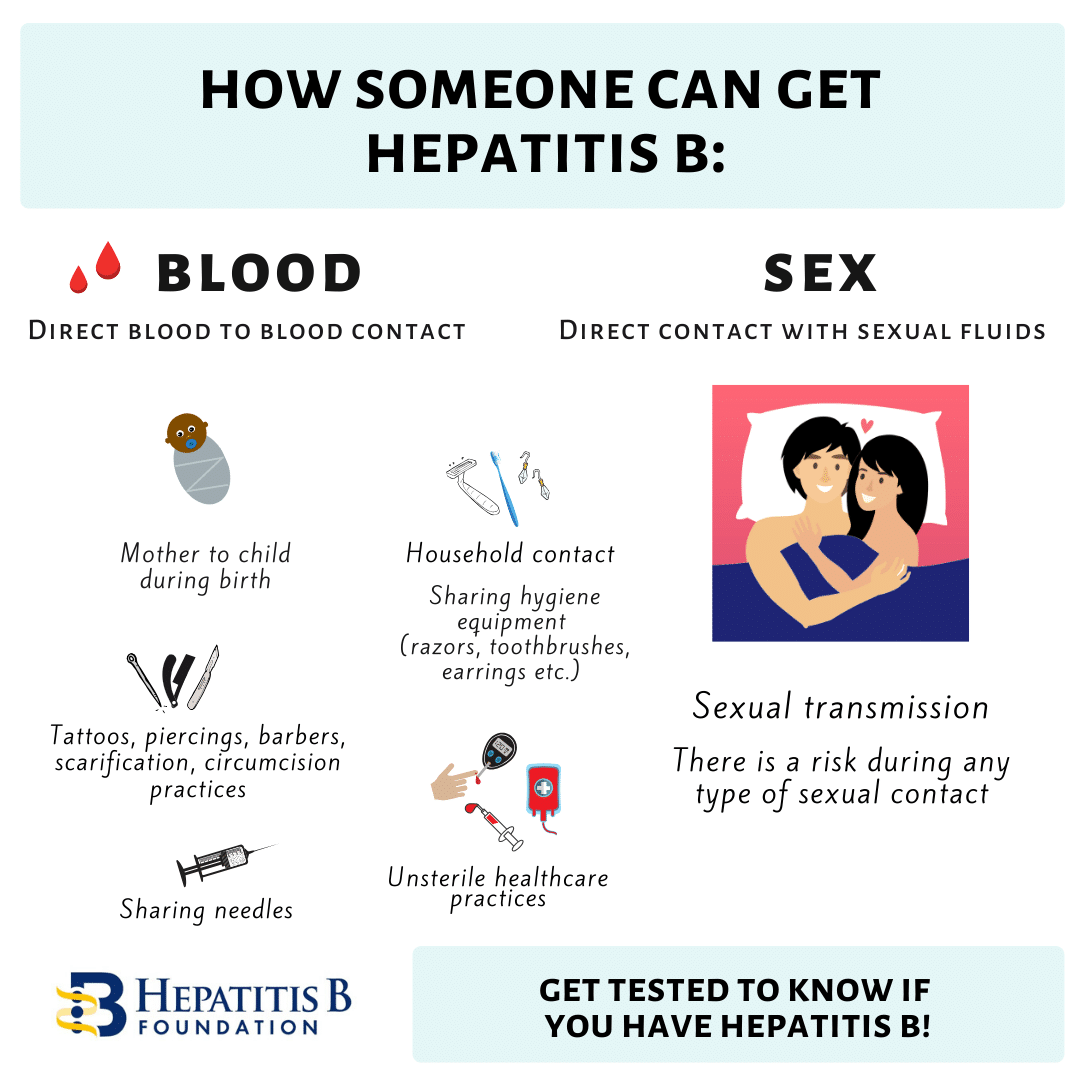Hepatitis B is an infection of your liver. It’s caused by a virus. There is a vaccine that protects against it. For some people, hepatitis B is mild and lasts a short time. These “acute” cases don’t always need treatment. But it can become chronic. If that happens, it can cause scarring of the organ, liver failure, and cancer, and it even can be life-threatening.
It’s spread when people come in contact with the blood, open sores, or body fluids of someone who has the hepatitis B virus.
According to Webmd, It is serious, but if you get the disease as an adult, it shouldn’t last a long time. Your body fights it off within a few months, and you’re immune for the rest of your life. That means you can’t get it again. But if you get it at birth, it’ unlikely to go away.
“Hepatitis” means inflammation of the liver. There are other types of hepatitis. Those caused by viruses also include hepatitis A and hepatitis C.
READ MOFRE: GABRIELLE UNION SAYS SHE FELT ENTITLED TO CHEAT IN HER FIRST MARRIAGE BECAUSE OF HER HUSBAND’S INFIDELITY
Hepatitis B Complications
Although most people with chronic hepatitis B don’t feel sick or even know they have it unless it’s in its late stages, some do have serious complications. Chronic hepatitis B can lead to:
1. Cirrhosis, or scarring of the liver. This makes it harder for the liver to do its work and can eventually lead to liver failure.
2. Liver cancer. If you have chronic hepatitis B, your doctor may recommend that you get an ultrasound exam to see if there are any signs of liver cancer.
3. Liver failure. This is when your liver is no longer able to do its work. You may also hear it called “end-stage” liver disease. This only happens in severe cases of chronic hepatitis B.
4. Kidney disease. Researchers have found that people with cirrhosis caused by hepatitis B may be more likely to have certain types of kidney disease.
5. Blood vessel problems. These include inflammation of the blood vessels.
Hepatitis B and Pregnancy
If you’re pregnant, you might pass the virus to your baby at birth. It’s less likely to happen during your pregnancy.
If your baby gets the virus and isn’t treated, they could have long-term liver problems. All newborns with infected mothers should get hepatitis B immune globulin and the vaccine for hepatitis at birth and during their first year of life.
Hepatitis B Prevention
To help keep a hepatitis B infection from spreading:
1. Get the hepatitis B vaccine (if you haven’t already been infected). It’s key to prevention, and the CDC recommends it for all babies born in the U.S., all kids and teens younger than 19 who haven’t already gotten this vaccine, and at-risk people.
2. Use condoms every time you have intercouse.
3. Wear gloves when you clean up after others, especially if you have to touch bandages, tampons, and linens.
4. Cover all open cuts or wounds.
5. Don’t share razors, toothbrushes, nail care tools, or pierced earrings with anyone.
6. Don’t share chewing gum, and don’t pre-chew food for a baby.
7. Make certain that any needles for drugs, ear piercing, or tattoos, or tools for manicures and pedicures are properly sterilized.
8. Clean up blood with one part household bleach and 10 parts water.
The U.S. Preventive Services Task Force recommends that people in these groups get screened for hepatitis B:
1. All pregnant women
2. People born in countries or regions where hepatitis B is common
3. People born in the U.S. who weren’t vaccinated as babies and whose parents are from countries or regions where hepatitis B is common (such as sub-Saharan Africa and Southeast Asia)
4. People who are HIV-positive
5. People who inject drugs
6. Men who have intercouse with men
7. People who live with or have intercouse with someone who has hepatitis B.








